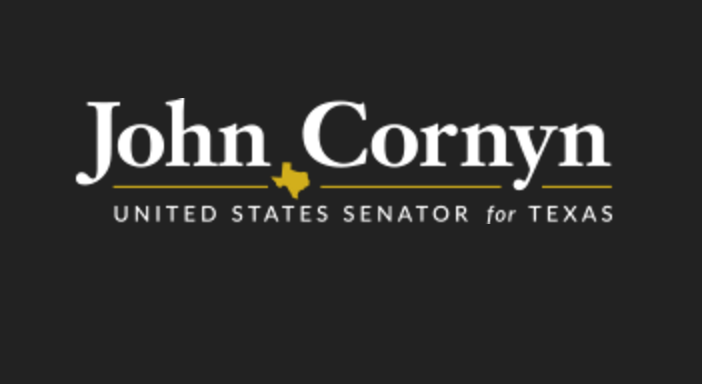Source: United States Senator for Texas John Cornyn
WASHINGTON –U.S. Senator John Cornyn (R-TX) today released the following statement after voting against the Infrastructure Investment and Jobs Act:
“I want to commend the long, hard work of my colleagues on both sides of the aisle for shepherding this bill through the Senate. There’s no doubt the nation’s transportation and digital infrastructure need improvements, and Texas stands to benefit once this bill becomes law.”
“From the get-go I made clear I had concerns with the lack of committee consideration of this bill along with the opportunity for Senators to improve the bill at that stage of deliberations and the failure to fully pay for it. Despite this, I kept an open mind throughout the process and offered an amendment to give Texas leaders the flexibility to redirect excess COVID relief funds for infrastructure.”
“After reviewing the CBO’s analysis, which estimates the bill will increase the deficit by a quarter trillion dollars, and because of the failure to include my bipartisan amendment, I cannot support the final bill. It isn’t paid for, will add too much to the debt, and was rushed through the Senate in a week’s time without adequate debate or input.”
Background:
Given that the American Rescue Plan Act made water, wastewater, and broadband infrastructure eligible for COVID funds, the Cornyn-Padilla amendment would provide additional flexibility for States, Tribes, and units of local government to spend their allocations of the Coronavirus State and Local Fiscal Recovery Funds. It gives state and local officials additional flexibility to responsibly spend their own funds. There is a cap—the greater of $10 million or 30% of the funds—on how much of the COVID money can be spent on these new purposes (though the previous ARP set asides for water, wastewater, and broadband remain unrestricted).
- This amendment does not place spending mandates on recipients of COVID funding and does not reclaim any distributed funding.
Endorsees: the National Governors Association, National Congress of American Indians, the U.S. Conference of Mayors, the National League of Cities, American Road & Transportation Builders Association, National League of Cities, Association of Metropolitan Planning Organizations, American Association of State Highway and Transportation Officials, American Public Transportation Association, Associated General Contractors of America, National Association of Development Organizations, Associated Equipment Distributors, American Subcontractors Association, American Highway Users Alliance, Government Finance Officers Association, Design-Build Institute of America, National Association of Surety Bond Producers, National Stone, Sand and Gravel Association, American Traffic Safety Services Association, American Public Works Association, American Concrete Pipe Association, National Ready Mixed Concrete Association, National Association of County Engineers, American Concrete Pavement Association, American Foundry Society, and National Association of Regional Councils.
